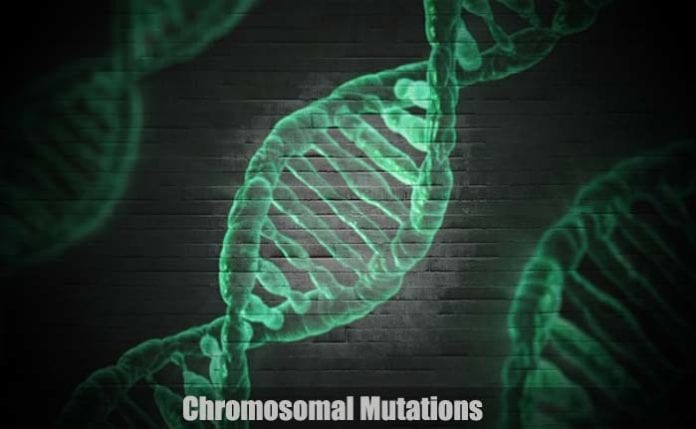
Chromosomal Mutations: In living organisms, mutations occur at a rate of one per every ten million cell replications. And as compared to the more than 100 trillion cells in the human body, this number is rather insignificant.
Chromosomes[1] are thread-like structures where the genetic material DNA is packaged. They are located in the nucleus of cells and undergo condensation before cell division. Like any other processes, the chromosome may encounter random genetic changes or be affected by it.
This page explored what happens when a chromosome encounters such changes in its structure, number, and type.
Table of Contents
What is a Chromosomal Mutation?
 By definition, a chromosomal mutation is any change or error that occurs within the chromosome. Such errors can be attributed to any mistakes or problems that occur during cell processes like mitosis and meiosis.
By definition, a chromosomal mutation is any change or error that occurs within the chromosome. Such errors can be attributed to any mistakes or problems that occur during cell processes like mitosis and meiosis.
- Unlike gene mutations that involve the alteration of a gene or a segment of DNA in the chromosome, chromosomal mutations occur and change the entirety of the chromosome itself.
- Three types of chromosomal mutations exist namely, mutations on the structure of chromosomes, mutations on the chromosome number, and mutations on the sex chromosomes.
![]()
Structural Chromosomal Mutations
This kind of chromosomal mutation usually occurs during any errors in cell division. This happens when homologous chromosomes paired up, genes in chromosomes broke apart, genes inserted in the wrong chromosome, or genes or set of genes are completely lost in the chromosome.
Basically, structural chromosomal mutations are classified into four: deletion, duplication, inversion, and translocation (or shift places). They are illustrated below:
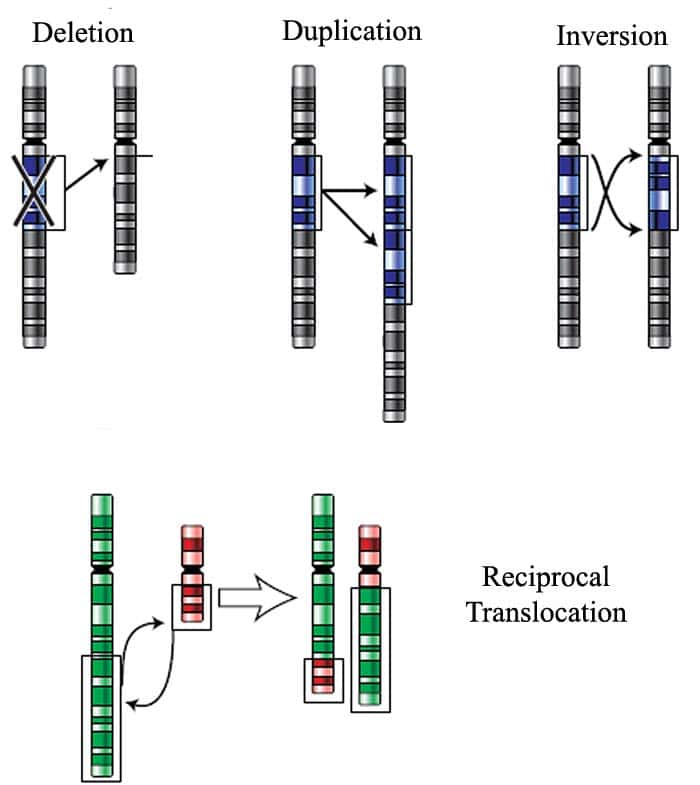
1. Deletion
Disorders Due To Deletion
Common disorders due to deletion mutation in humans are: Cri du chat, Duchenne muscular dystrophy, Di George’s syndrome, and so on.
![]()
2. Duplication
- This duplication can now supply additional material that has the ability to evolve new functions.
Disorders Due To Duplication
A common disorder due to human duplication mutation is Charcot-Marie-Tooth disease type I.
![]()
3. inversion
- During a pericentric inversion, the inversion encompasses the centromereWhat is Centremere?The Centromere is a constriction in a chromosome; at one point along its length dividing it into a shorter arm, called the p arm, and a long arm, called the q arm. of the chromosome.
- On the other hand, during a paracentric inversion, it only involves the short or long arm of the chromosome, and the inversion point does not include the centromere.
Disorders Due To Inversion
A common disorder due to inversion mutation in humans is Amniocentensis during pregnancy.
![]()
4. Translocation
Disorders Due To Translocation
Common disorders due to human translocation mutation are XX male syndrome, Down syndrome, Infertility, and Cancer.
![]()
Chromosomal Number Mutations
1. Aneuploidy
- The naming of aneuploid conditions is generally based on the number of chromosomes added or deleted. For instance, a monosomic (2n -1) individual bears only one copy of a chromosome instead of having two.
- Other variations of aneuploidy are trisomic (2n+1), nullisomic (2n-2), and disomic (n+1).
![]()
2. Polyploidy
- Interestingly, polyploidy is a common phenomenon among plants as well as certain groups of fish, salamanders, frogs, and leeches.
![]()
The Advantages of Chromosomal Mutations
Believe it or not, random errors occurring during cell division can benefit organisms. Listed below are some of them.
1. Survival
- In humans, some successful mutations include malaria resistance, lactose tolerance, and atherosclerosis tolerance.
![]()
2. Diversity
- And clearly, some of the fundamental mechanisms of evolutionary change cannot (and continue to) operate without genetic diversity.
- Examples: As some chromosomal mutations are harmless, humans get different color eyes such as black, brown, grey, green, or blue.
![]()
The Disadvantages of Chromosomal Mutations
Some mutations can be quite detrimental as well. The following are some of the most common disadvantages of mutations in the chromosomes:
1. Genetic Disorder
![]()
2. Other Diseases
![]()
No matter what we do, our genome’s random changes are inevitable. And in this case, does the saying “the only constant is change” prove true?


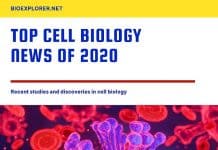
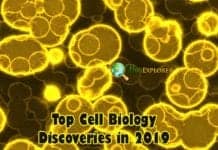
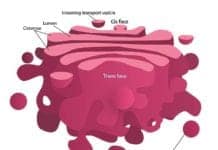
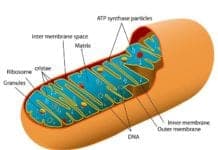
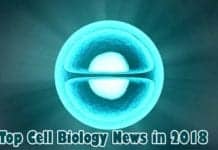
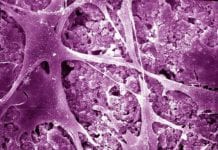










The best article on mutation ….very much informative.
Its awesome at least I know got information about mutation
BioExplorer is the best site. I loved This. I got easily a lot of info about Mutation on this Site. Thanks For Sharing. ???
Article is quite concise and to the point with complete information .